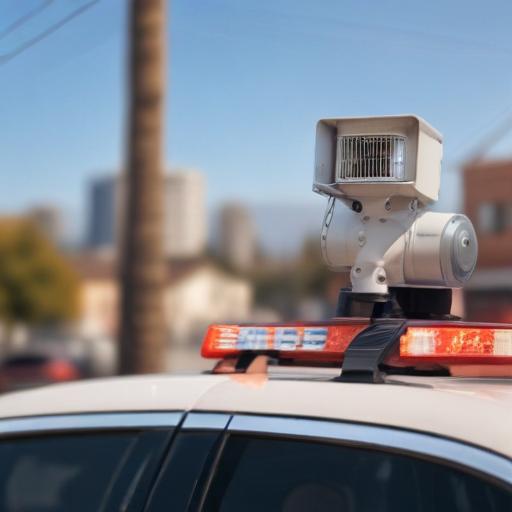In Puerto Rico, recent Immigration and Customs Enforcement (ICE) raids have predominantly targeted immigrants from the Dominican Republic, raising concerns about racial profiling and the impact on the local Dominican community. Many Dominicans, who have long established lives in Puerto Rico, often lack U.S. citizenship, making them particularly vulnerable during these operations.
Dolores Espiritusanto, a Dominican immigrant living in San Juan, shared her anxiety about the constant presence of ICE agents. She emphasizes that it’s not just her physical appearance, but also her Dominican accent that leads to her being perceived as an outsider. Despite having obtained her U.S. citizenship years ago, Espiritusanto lives in fear of being asked for identification and not being believed given her background.
ICE has reported approximately 500 arrests in Puerto Rico, with about 75% of those being Dominican nationals. Many fear that their dark skin and accents make them easy targets for officers who might presume they are undocumented. Jose Rodriguez, who leads the Dominican Human Rights Committee, argues that racial profiling is evident in ICE’s operations, stating that those who are legally residing in Puerto Rico risk detention simply for not carrying their documentation at that moment.
While Rebecca Gonzalez-Ramos, a senior ICE official, acknowledges the arrests of several Dominicans, she refutes claims of racial profiling, asserting that their operations are based on intelligence and specific individuals with deportation orders.
The current climate has forced both Dominicans and Puerto Ricans to confront persistent prejudices. Nilka Marrero, a Puerto Rican pastor serving a Dominican neighborhood, notes that racial bias has long existed but has been resurfaced by the raids. Marrero admits to often blending in without suspicion, a privilege that her Dominican counterparts do not share. This disparity has resulted in difficult conversations within her community about adjusting behaviors to avoid attracting attention from authorities.
Overall, this situation is not just about immigration enforcement; it highlights deeper social issues regarding race and acceptance in Puerto Rican society. Communities are grappling with the challenges of identity and the ongoing need for solidarity amidst the fears imposed by these enforcement actions. The experiences shared by Espiritusanto, Rodriguez, and Marrero reflect a complex interplay of belonging, ethnicity, and the quest for security. As these conversations continue, there is hope that increased awareness will foster greater unity and understanding among all residents of Puerto Rico.
